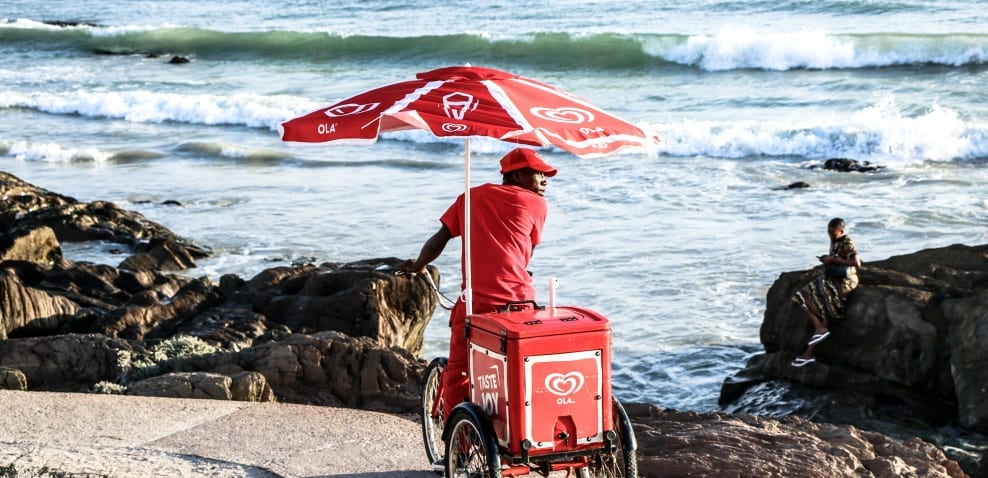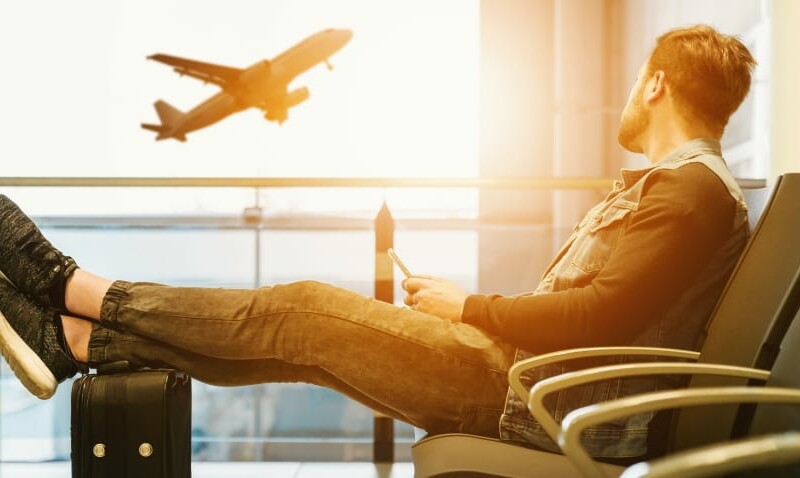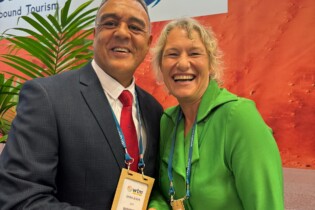The Tourism Business Council of South Africa (TBCSA) is lobbying for the earlier phased reopening of international tourism to South Africa. This position is based on a data-driven recovery strategy, and is guided by government’s risk-adjustment strategy and the development of stringent safety protocols for the tourism sector.
“South Africa is following a Risk-Adjusted Strategy based on levels of lockdown, not dates.”
Tshifhiwa Tshivhengwa, CEO TBCSA, says, “South Africa is following a Risk-Adjusted Strategy based on levels of lockdown, not dates. These levels are defined according to relevant epidemiologic facts – parts of the travel and tourism sector have been earmarked for return in Levels 2 and 1, depending on their risk profile and the spread of COVID-19 in South Africa. However, we have already seen the inclusion of business travel in Level 3 as a result of successful lobbying for earlier reopening of this critical sector and we are confident that we are in a position to reopen inbound market in a safe and health-focussed manner at least in September.”
TBCSA will present its recommendations at the next Parliamentary Portfolio Committee meeting on 9 June 2020, and will propose that international air travel be allowed to resume as soon as September 2020.
TBCSA will… propose that international air travel be allowed to resume as soon as September 2020.
“The summer high season runs from September to March and represents 60% of the annual business for tourism. The nature of international inbound tourism is such that we have long lead times between booking and travel,” explains Tshivhengwa.

Inbound tourism employs over 375,000 people in South Africa and contributes 8.7% of our exports. It is estimated that over 40,000 jobs have already been lost within the tourism sector since the lockdown began. A protracted recovery will put more jobs at risk.
Inbound tourism employs over 375,000 people in South Africa and contributes 8.7% of our exports. It is estimated that over 40,000 jobs have already been lost within the tourism sector
TBCSA’s proposed phased recovery strategy provides for an initial 6-8 week Preparation Phase. This is followed by Phase 1, a trial phase where safe source markets with similar risk profiles and stages of pandemic are allowed to travel to South Africa. Travellers are vetted, and stringent safety protocols are in place. The focus would be on low-contact product and low-risk areas, traditionally with low density.
In Phase 2, South Africa is opened up to more key markets, and expands the experiences on offer. In Phase 3, air access is opened fully and the country can restart its longer-term growth strategy.
Tshivhengwa adds that other factors need to be considered to encourage the growth of tourism, such as visa waivers, a robust eVisa system, the fixing of vehicle licencing and permits, and air liberalisation.







